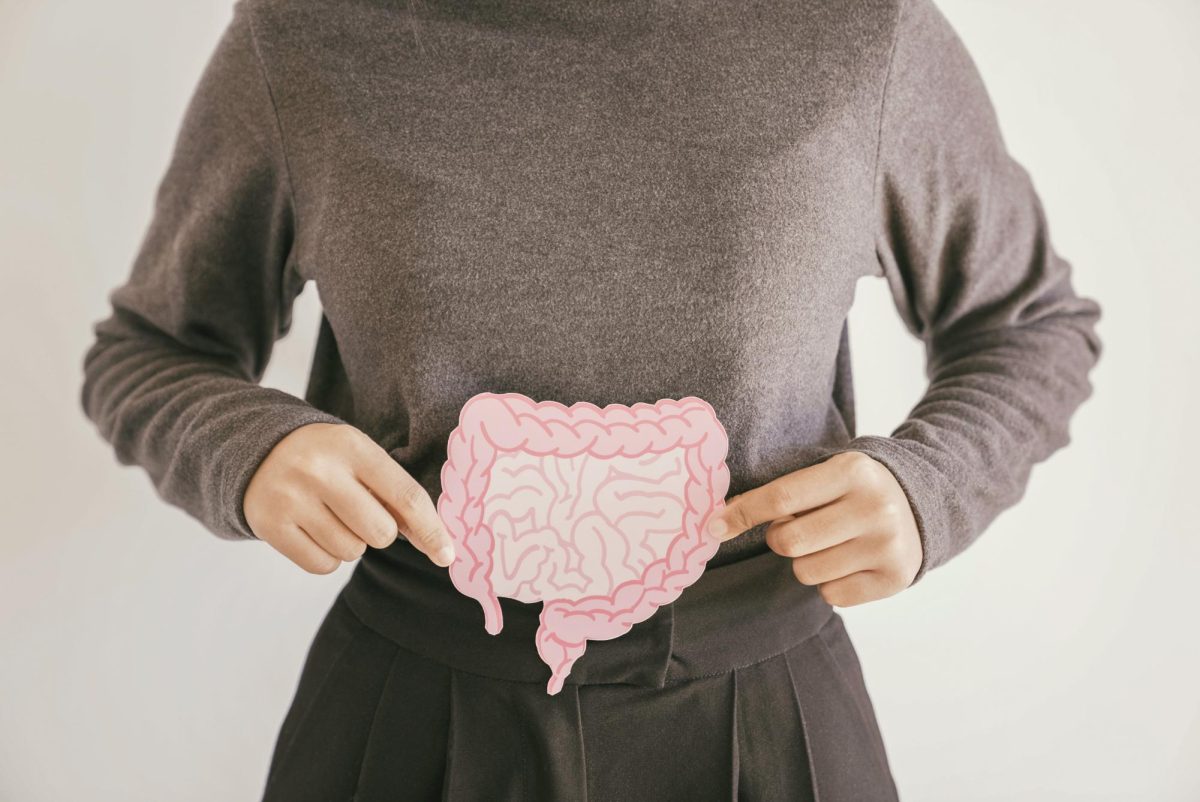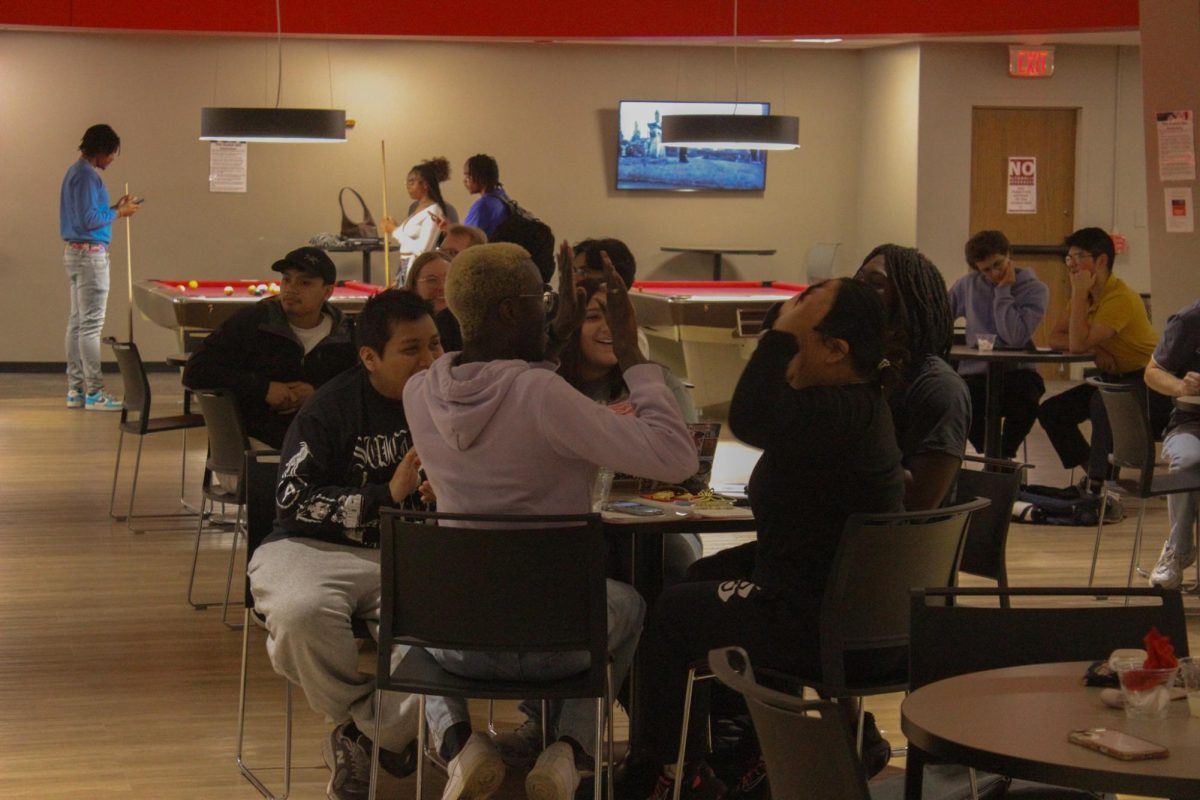Our gut is the king of our body. As humans, we need to eat to stay alive. If our gut is having issues, then everything else in our body and health will be negatively impacted.
The gut controls the breakdown of our food and helps turn it into nutrients, according to assistant professor of Nutrition and Dietetics Laura Marinaro.
“The primary role of the gut in the body is to help us use the nutrients that we get from the food that we eat,” Marinaro said. “It helps us with digestion, absorption and it helps transport all of the nutrients that we’re taking in and getting them into the body tissues.”
We need these nutrients; however, those with certain fitness goals sometimes end up eating one meal a day. While this may seem effective, it only ends up harming your gut.
“If we’re restricting certain food groups that we’ve completely eliminated, like if we’re following a diet, maybe the keto diet, and we’ve eliminated carbohydrates, that can be problematic,” Marinaro said.
Some people eat meals that don’t have every food group on their plate. Like Marinaro said, this can be problematic. Others pick up a diet and don’t speak to a professional on how that diet will affect their body, if it properly ties into their fitness goals and the right way to implement it into their lifestyle.
In addition to food, prebiotics and probiotics can also be supplements that you can take daily inorder to fulfill your body’s needs.
“Probiotics are the good bacteria that live in our gastrointestinal tracts, and prebiotics are the foods that help support them,” Marinaro said.
Probiotics and prebiotics, along with other eating habits, can help ensure physical and gut health.
You can purchase prebiotics and probiotics at Jewel Osco, Walgreens, CVS, Walmart and Target. Another safe option is to order off Amazon.
To be physically healthy means your organs and bodily systems are functioning properly and are receiving the variety of nutrients it needs.
“In order to stay healthy, the gut prefers a wide variety of foods,” Marinaro said.
It’s good to have some flexibility in your eating habits; it’s okay to try something new, eat a different fruit every day or add some greens to your meals. Your gut actually likes it.
“When eating vegetables, fruits and grains, have a variety of different fruits, different vegetables and different protein sources, rather than eating the exact same things all the time,” Marinaro said.
For those who don’t eat meat, Marinaro suggests plant-based proteins like chickpeas and rice.
Food isn’t the only thing that has a negative impact on your gut. Your habits can also be detrimental to your gut health.
“Incorporating some physical activity is important; not getting enough sleep can be harmful for gut health,” Marinaro said.
Having a busy day can make you tired, but walking to where you need to go or stretching can be good for your body. Homework and work can lead to staying up late at night and even early the next morning. This type of activity without resting the body negatively affects the gut.
Not only is your body not resting, your mind isn’t either.
Many people do not properly care for their mental health and only focus on their physical health, but if your mind is not up to par, your body will follow.
“Stress management is really critical,” Marinaro said. “It kind of ties into the gut-brain connection. If we’re not managing our stress well, it can manifest as gastrointestinal issues or gut issues that can show up.”














